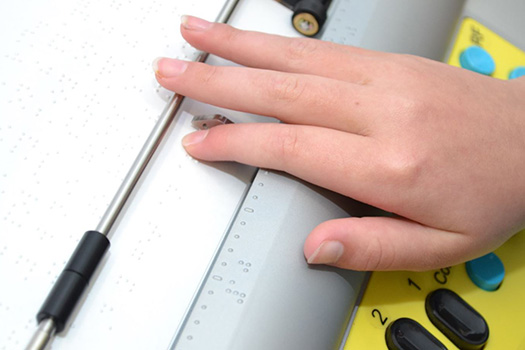
Non-state schools have their own systems and resources to support students with disability.
The department supports non-state schools by providing a range of disability-specific supports and services.
Schools and parents can also access the
Autism Hub for advice about supports for students with autism.
The department also supports state and non-state schools by providing funding to approved non-government
organisations (NGOs) to deliver services for eligible school-aged students with disability to access the curriculum, participate at school and improve their educational outcomes.